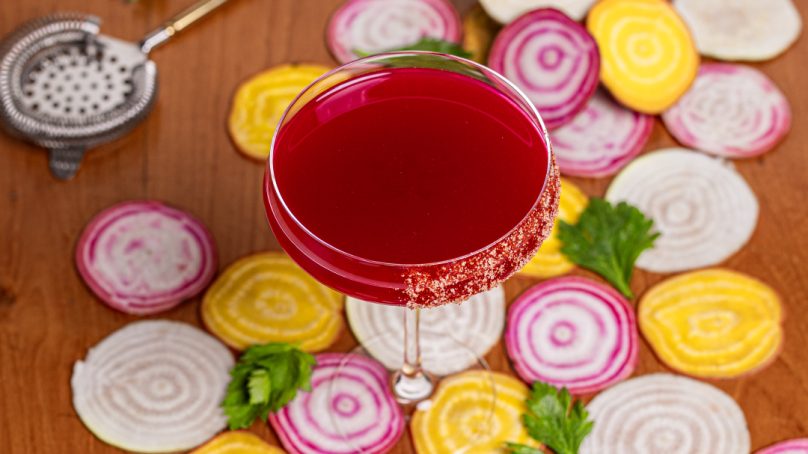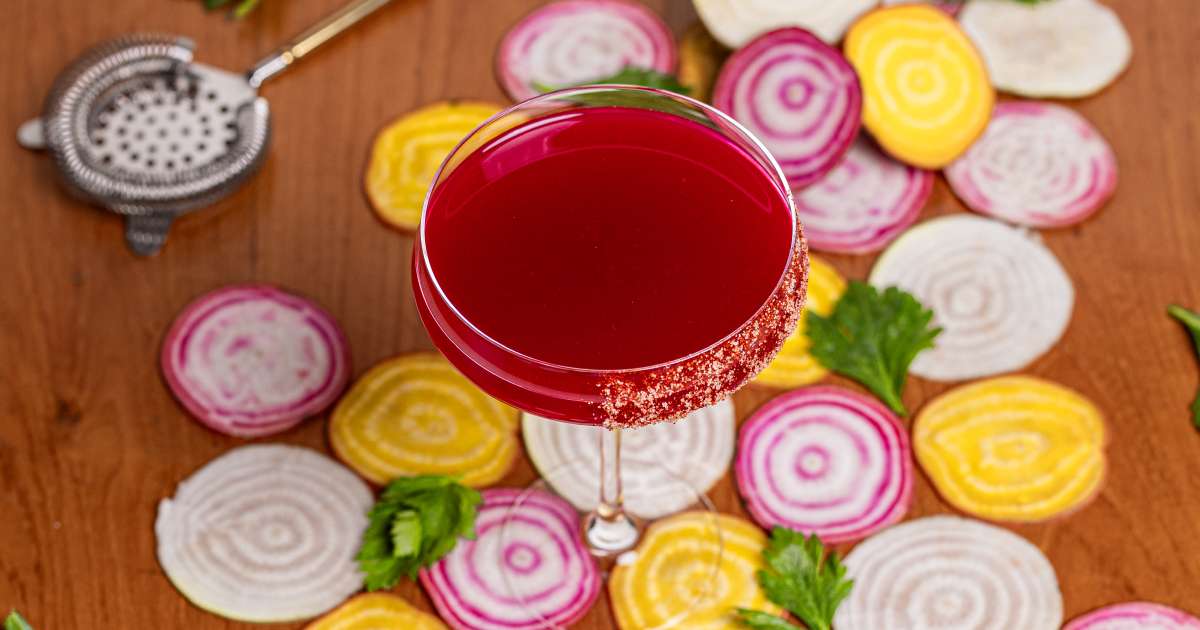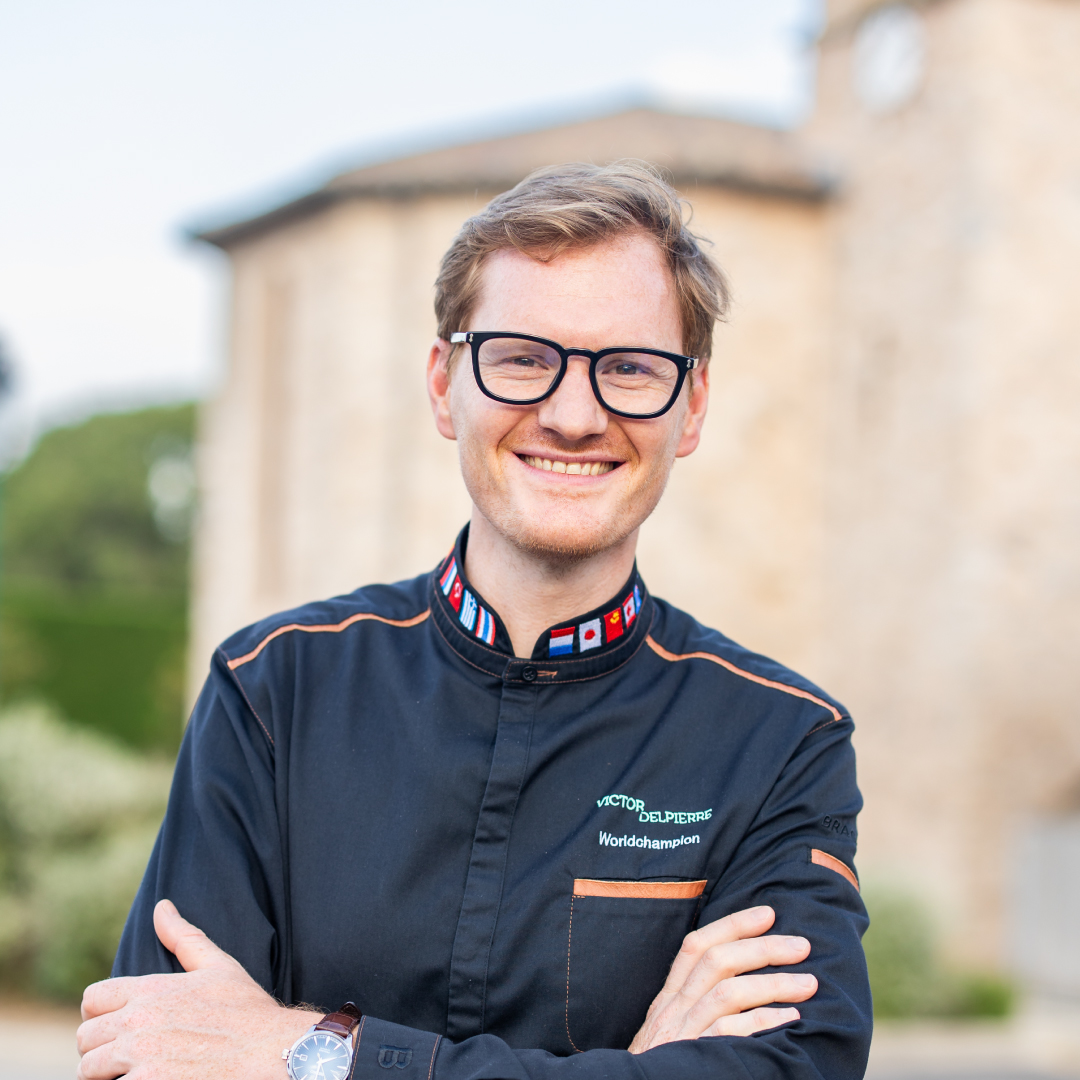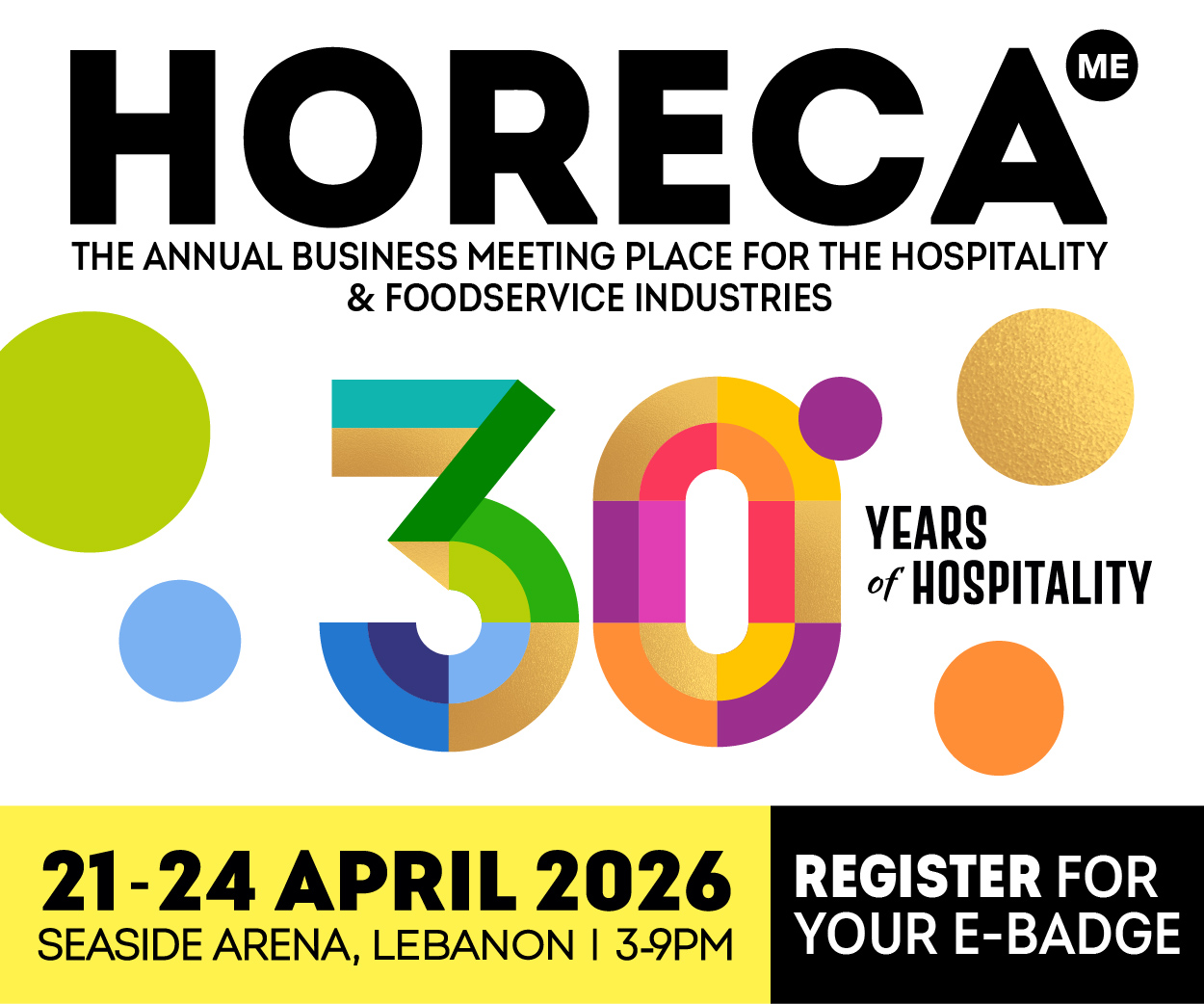

While coffee mixology trends vary, one global trend currently stands out, which is the focus on specialty coffee. Providing industry professionals with a true source of creativity, specialty coffee is now being carefully selected based on its origin, terroir and roast profile. The result for consumers is an endless array of sensory experiences.
Reimagined for today
In the past, coffee was primarily associated with indulgent, sweet beverages. However, today, it is being reimagined in fresher and more modern ways. The combination of coffee with sparkling drinks, for instance, is gaining popularity, adding a refreshing and effervescent touch. With the growing focus on well-being, coffee infused with functional ingredients is also becoming more prevalent. Adaptogens, collagen and superfoods are now being incorporated, transforming caffeinated drinks into health-boosting elixirs that cater to consumers seeking both flavor and wellness benefits. Baristas and mixologists are constantly innovating to create beverages inspired by current trends. They are also pushing the boundaries of coffee cocktails by exploring unique pairings and incorporating coffee in various forms, such as cold brews, foams and even distillations.
A complex ingredient
It is essential to understand that coffee is not merely a single-flavor ingredient. Much like wine, it boasts immense aromatic diversity, influenced by factors that include origin, roasting, extraction method, water quality and the expertise of the barista or mixologist.
Terroir plays a crucial role in defining coffee’s taste. The country, region, altitude and processing method all directly impact its flavors. Specialty coffee allows for precise traceability, offering a wide variety of aromatic profiles, even among coffees from the same origin. For example, African coffees are known for their floral, fruity notes with bright acidity, while South American coffees have chocolate-hazelnut notes with a balanced sweetness.
Similarly, roasting plays a crucial role in developing a coffee’s aromas. Here, striking the right balance is essential to preserving coffee’s complexity and ensuring a harmonious pairing with other cocktail ingredients. For example, a light roast enhances acidity and brings out fruity notes, while a medium roast produces a well-balanced and smooth coffee. Dark roast, meanwhile, yields a bold, intense coffee with pronounced bitterness.
Coffee is a complex and demanding ingredient that deserves to be selected with the same level of care as the spirits in a cocktail. Its origin, roast profile and extraction method directly influence the balance of flavors. Mastering these elements allows mixologists to elevate their cocktails, creating unique and unforgettable taste experiences.
The art of pairing
Creating a well-balanced cocktail that combines coffee and spirits requires mastering multiple skills. To start with, choose quality ingredients that have been responsibly and ethically sourced. This will ensure a strong sensory appeal. Selecting the right specialty coffee is fundamental in cocktail composition, whether it’s the main ingredient or chosen to complement a spirit’s flavor.
The method of coffee extraction plays a key role in a cocktail’s texture and intensity. Examples based on different extraction styles include:
• Espresso – concentrated and intense, it adds body to cocktails.
• Cold brew – smooth and less acidic, ideal for long, refreshing cocktails.
• French Press – provides body, texture and volume.
• V60 or Chemex – pour-over methods that produce subtle, complex and smooth profiles.
Coffee naturally introduces bitterness and sometimes pronounced acidity. Adjusting these elements correctly is key to ensuring a harmonious cocktail, preventing one aspect from overpowering the drink. Here are some
tips for achieving the right balance:
• Use a highly acidic coffee to contrast with the sweetness of liqueurs.
• Choose a robust coffee to add toasted and deep flavors to a long drink.
• Opt for a smooth, rounded coffee to introduce a touch of sweetness to a more acidic short drink.
A new era for coffee mixology In recent years, coffee mixology has undergone a remarkable transformation, driven largely by the rise of specialty coffee and a growing interest in innovation within the cocktail industry. The fusion of these two worlds – coffee and spirits -has redefined how coffee is used in cocktails, emphasizing flavor diversity and creativity. The rise of specialty coffee has resulted in coffee now regarded not as a bitter ingredient, but as a fundamental component, much like spirits. Mixologists are increasingly turning to maceration and infusion techniques to extract bold and original flavors. These methods, along with advancements
in coffee extraction technology, have revolutionized coffee mixology.
Additionally, the introduction of new coffee based liqueurs and spirits has expanded the possibilities for mixologists. These refined products offer a broader range of subtle and complex flavor profiles, further enhancing
the creative potential of coffee cocktails.
Growing consumer interest
The evolution of coffee from a daily staple to a sought-after gastronomic product reflects a growing consumer interest in quality, origin and the sensory experience associated with each cup. Baristas and coffee producers are playing a crucial role in educating consumers. During events like tasting workshops and educational sessions, they are explaining the diverse aromatic profiles of coffee, brewing methods and the significance of origin. These experiences are helping consumers to understand how factors like coffee variety, processing techniques and roasting influence taste. This shift has transformed coffee consumption into a more mindful and refined practice.
Ethical focus
With rising concerns about health and sustainability, consumers are also becoming more selective about their choices. Coffee is now appreciated not only for its taste but also for its potential health benefits. In addition, consumers are also increasingly favoring brands that adhere to ethical sourcing practices, ensuring fair working conditions for farmers and supporting sustainability initiatives. In a separate development, the emergence of cold brew, nitro coffee and cold-infused coffee beverages has attracted a new generation of consumers looking for lighter, more refreshing, and innovative experiences. These beverages offer a different taste experience – often smoother, less bitter and less acidic than traditional coffee – making coffee more accessible to a broader audience.
The rise of social media platforms, particularly Instagram and TikTok, has played a crucial role in shaping modern coffee culture. Consumers now share their coffee experiences, discoveries of new specialty coffees and even their own coffee-based cocktail recipes. This trend has not only popularized specific coffee movements, but has also democratized access to coffee knowledge, fostering a collective appreciation for quality coffee.
A gastronomic star
Traditionally regarded as a simple after dinner beverage or an accompaniment, coffee has now also earned a prominent place on the menus of high-end restaurants. It is no longer just a refreshment but a true component of the gastronomic experience, comparable to the use of fine wines or spirits. Michelin-starred chefs, always in search of refined and complex ingredients for their menus, have incorporated specialty coffee as a key element. Coffee has evolved beyond a simple accompaniment to become the focal point of creative desserts in many fine dining establishments. In haute cuisine, meanwhile, the concept of food and wine pairings has expanded to include coffee pairings. The integration of specialty coffee into fine dining marks a significant evolution in its culinary role. It has become a complex and refined ingredient, worthy of the most renowned chefs.
In summary, today, coffee is seen not only as a source of caffeine but as a true gastronomic product, a medium for creativity and a unique sensory experience. This evolution highlights a continuously expanding coffee culture, where consumers are becoming more knowledgeable and appreciative of the art and science behind every cup.

Victor Delpierre,
Gastronomy consultant
@victor_delpierre






